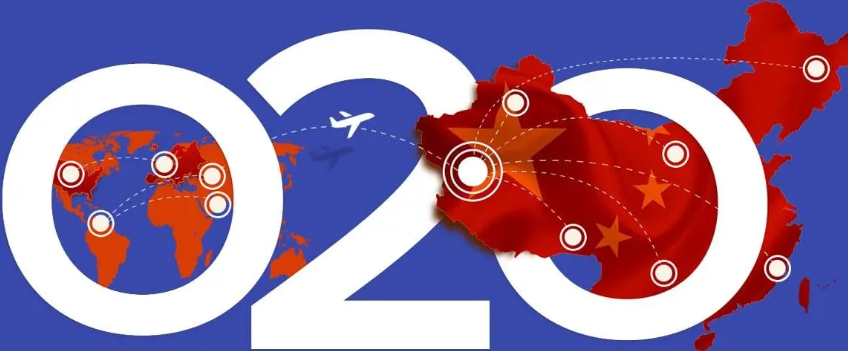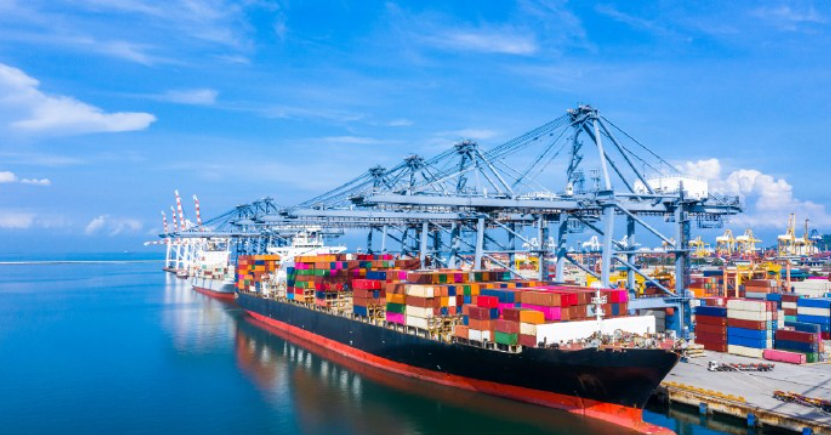
Importing from China – A Comprehensive Guide
This comprehensive guide provides a detailed importing from China guidance, Ensure you are fully prepared for international trade.
Why import from China?
Worldwide are importing from China a wide variety of products across a wide range of industries.
China Exports in 2023 will reach 3.38 trillion US dollars, accounting for 14.2% of the international market share
Major categories include:
Electrical and electronic equipment: consumer electronics, telecommunications equipment, and appliances.
Machinery and equipment: industrial machinery, agricultural machinery, and heavy equipment.
Textiles and apparel: fabrics, clothing, and footwear.
Chemicals: pharmaceuticals, fertilizers, and chemical products.
Metals: steel, aluminum, and other metal products.
Automobiles and auto parts: vehicles and their parts.
Agricultural products: crops, meat, dairy, and fishery products.
Energy resources: oil, natural gas, and coal. Minerals and ores: iron ore, copper, and other mineral resources.
Forest products: wood, paper, and wood products.
Plastics and rubber: raw materials and finished products made from plastics and rubber.
Food: processed and packaged foods.
Beverages: alcoholic and non-alcoholic beverages.
Furniture and home furnishings: furniture, household goods, and decorative items.
Toys and sporting goods: toys, games, and sporting equipment.
China’s imports are driven by the country’s large consumer market, industrial demand, and continued development across industries. The diversity of imports reflects the complexity and size of the Chinese economy.

Pre-Import Planning
Before you begin the import process, you need to:
Identify your suppliers: Ensure a reliable supplier or manufacturer.
Negotiate terms: Discuss and agree on price, quality, delivery and payment terms.
Product compliance: Ensure your products meet the regulations and standards of the destination country.
Import permits and licenses
Check if you need any special import permits or licenses. This may include:
Import permit: Required for certain products or countries.
Certificate of origin Safety certificate: For products with safety standards.
Shipping arrangements
Choose your preferred mode of shipping (sea, air or express) and coordinate with your freight forwarder or shipping company to book the shipment.
Prepare commercial documents
Commercial documents are essential for customs clearance and include:
Invoice: A financial document that lists the products, quantities and agreed prices.
Packing list: A list that details the products to be shipped.
Bill of lading: A legal document between the shipper and the carrier.
Commercial Contract: A binding agreement between a buyer and a supplier.
Insurance
Consider purchasing insurance to protect your goods from loss or damage during transport.
Customs Clearance
This is a critical step that involves:
Declaration: Submitting the necessary documents to the customs authorities.
Customs Inspection: Customs may inspect the goods to verify the information provided.
Payment of Duties and Taxes: Pay any applicable import duties, taxes, and fees.
Port and Warehouse Storage
If your goods need to be stored at a port or warehouse before distribution, coordinate with your logistics provider to arrange storage.
Delivery and Distribution
After customs clearance, arrange for the final delivery of the goods to the destination, whether it is a warehouse, retail store, or end customer.
Normally it will be your warehouse or some 3rd party warehouse. If you are a Amazon seller, and use FBA service, you will use Amazon warehouse. LucienSourcing will guide you the process of doing the FBA.
Post-Import Compliance
Make sure you comply with all post-import regulations, which may include:
Record Keeping: Keeping records of all import transactions for a specified period.
Post-Import Audit: Be prepared for potential audits by customs authorities.
LucienSourcing’s Role in the Import Process
Moreover, Navigating the import process can be daunting, but a sourcing company like LucienSourcing can provide valuable support:
Expert Guidance: We provide advice on import regulations, documentation, and compliance.
Supplier Vetting: We help you source and verify reliable suppliers.
Logistics Coordination: We assist in arranging shipments and freight.
Customs Clearance Assistance: We facilitate the customs clearance process, ensuring smooth and timely clearance.
Document Preparation: We prepare and review all necessary commercial documents.
Risk Management: We help you identify and mitigate potential risks during the import process.
Conclusion Understanding the import process is essential to successful international trade.
By leveraging the expertise of a sourcing company like LucienSourcing, you can confidently and efficiently navigate the complexities of importing goods. LucienSourcing is your strategic partner in global trade, streamlining your importing from China process and maximizing your business potential.

